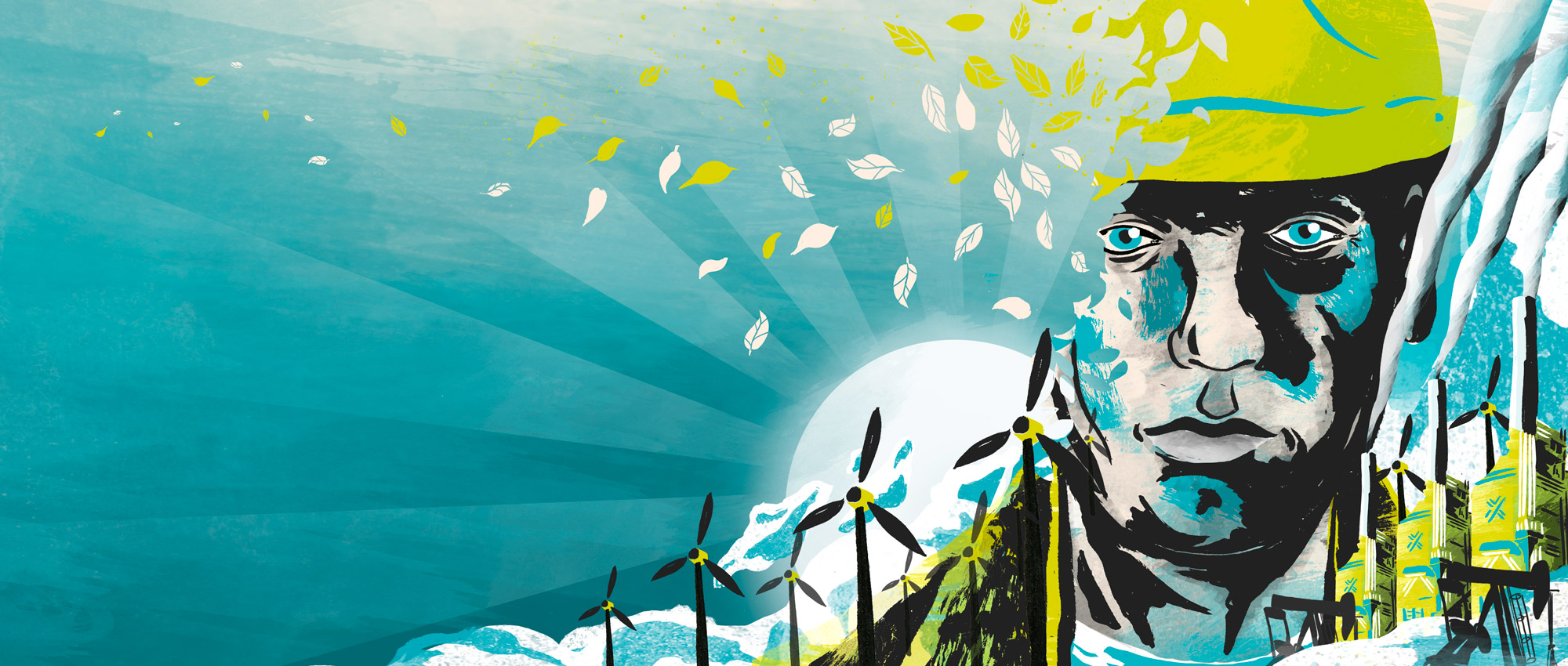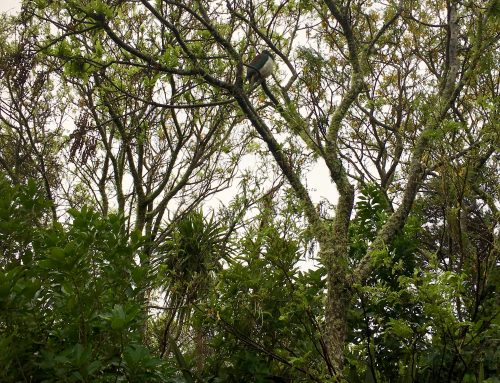Canada’s oil sands, located in the province of Alberta, are a source of tension when it comes to envisioning the future of Canada’s environment and economy. To some, this resource represents jobs and wealth, with oil reserves worth an estimated $285 billion dollars. To others, the oil sands have no place in the future of the Canadian economy due to regional environmental degradation and climate change impacts. Also, unstable global oil prices threaten the long-term viability of the oil sands economy – to the chagrin of its workers.
The Canadian oil sands are a prime example of the clichéd economy- environment dichotomy, where workers jobs are pitted against the concerns of environmentalists. The assumed trade-off between environmental protection and workers livelihoods stokes a ‘jobs vs. the environment’ rhetoric which dominates the media and political discourse. But some workers are changing the narrative.
Iron and Earth is an organization, founded by Canadian oil sands workers, which aims to train and re-train workers in Canada’s oil and gas industry to have skills in the renewable energy sector. Their motivation spans both economic and environmental concerns. They want good, stable jobs into the future, and they want to mitigate climate change.

Attendees of Visioning Workshop engage in conversation about the potential of renewable energy
Currently Iron and Earth has mostly acted as an advocacy platform for Canadian energy workers. They have channeled their anxieties about the future of oil and gas into a coherent call to action. In a published document called, “Workers’ Climate Plan Report: A Blueprint for Sustainable Jobs and Energy”, they outline policy proposals to aid a sustainable energy transition in Canada. Established in 2015, Iron and Earth has already gained significant traction. Over 5,000 people have signed their ‘pledge’, and over 450 workers have expressed interest in the initiative. Another chapter of the organization, called Iron and Earth East, has established in Newfoundland, another Canadian energy hotspot.

Ideas from Iron and Earth future visioning workshop
In the near future, Iron and Earth plans on holding “Solar Skills” programs which teach out-of-work or underemployed energy workers to learn how to install a variety of solar energy technologies. In these programs, workers will learn skills while installing clean tech infrastructure in local schools. The organization also plans to have a high school curriculum component which will encourage students to learn more about renewable energy trades.
“We want good-paying jobs that will allow us to care for our families. But we also want to feel pride in the work we do, and to know that our daily actions are not contributing to a climate crisis that could dramatically alter the world our children inherit.” – Workers’ Climate Plan Report
Iron and Earth upends the idea that there is always a tradeoff between jobs and the environment. Their motivation is to change the narrative about Canada’s energy sector towards a vision that is sustainable and diversified. The days of Canada’s oil and gas industry may be limited, but energy workers can still have a bright future.

To learn more, check out Iron and Earth’s “Workers’ Climate Plan Report: A Blueprint for Sustainable Jobs and Energy”
All photos provided by Iron and Earth.



